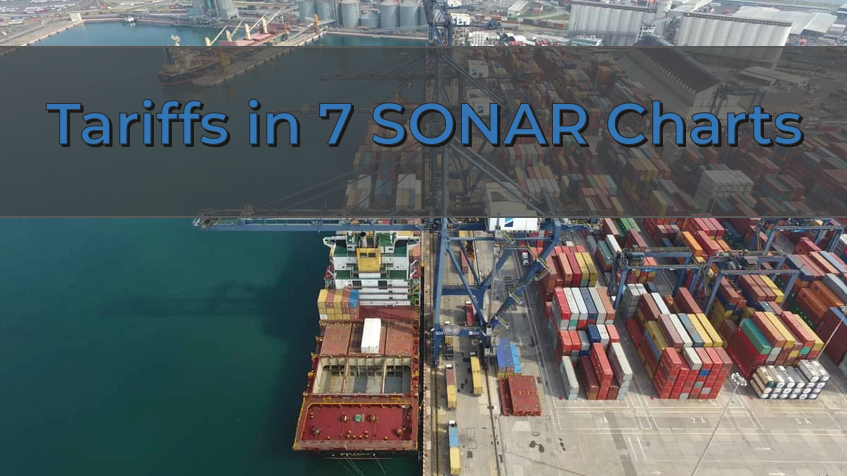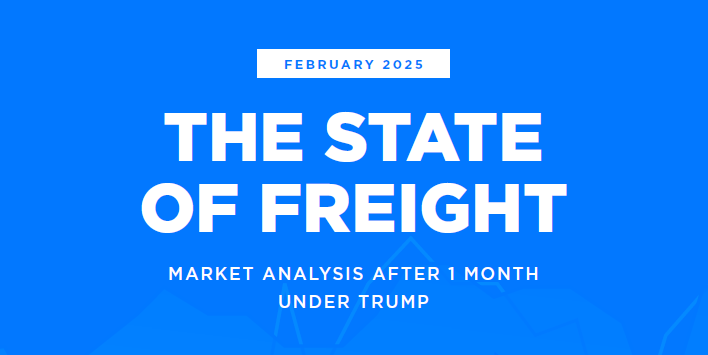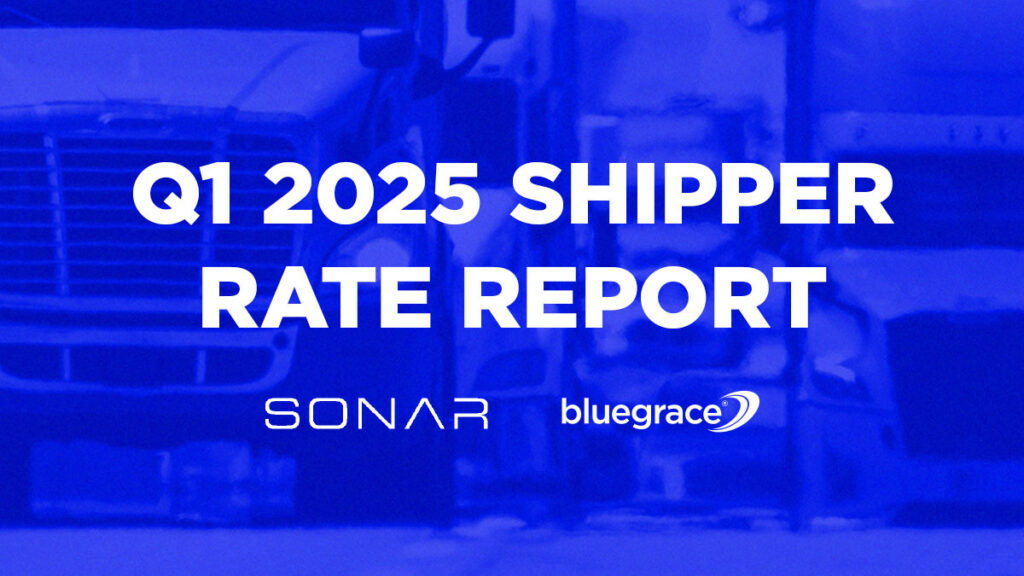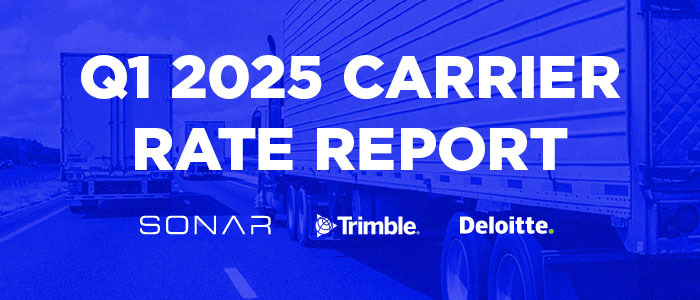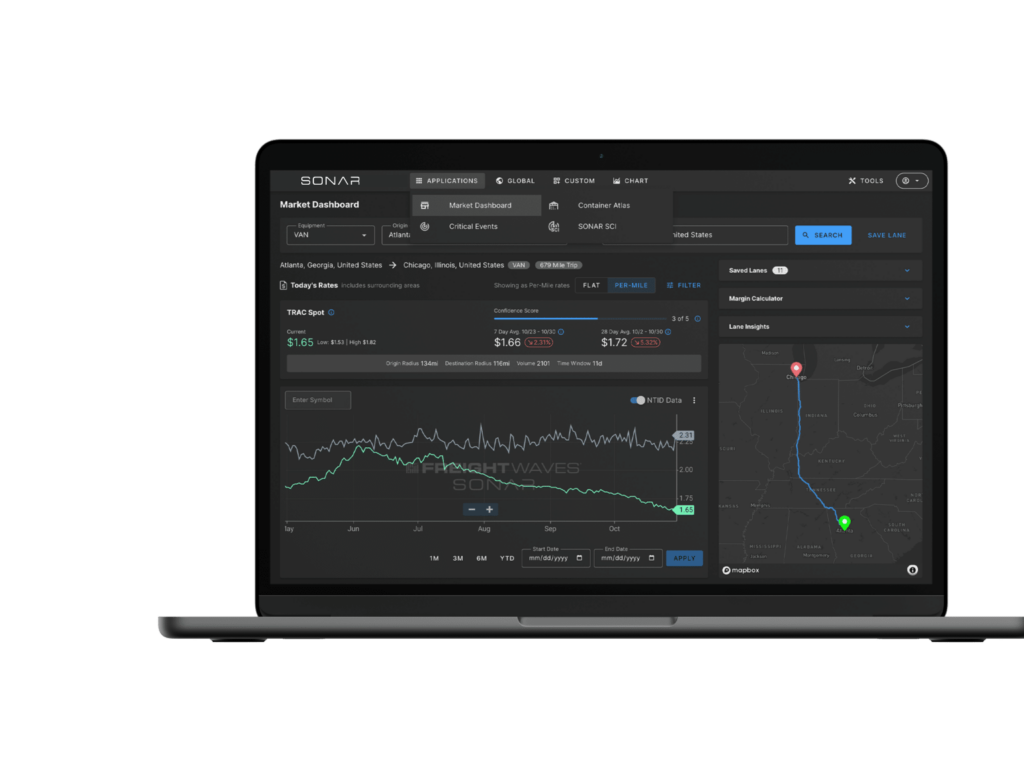In today’s digital age, data has become an invaluable asset, often referred to as “the new oil.” This comparison underscores the critical importance of data ownership, especially in industries like freight and logistics where information drives decision-making and competitive advantage.
The Power of Data Ownership
Owning your data means having complete control over its collection, storage, analysis, and utilization. This control is not just about protecting sensitive information; it’s about leveraging data for strategic insights without restrictions. Companies that prioritize data ownership can:
- Enhance decision-making with unique, proprietary insights
- Drive innovation through advanced analytics and AI applications
- Mitigate risks associated with third-party vendor dependencies
The DAT Dilemma: A Cautionary Tale
While data ownership is crucial, some companies in the freight industry are implementing practices that undermine this fundamental right. DAT, a dominant player in the load board business, has introduced a controversial clause in its standard terms of service that raises serious concerns.
Section 2.5 of DAT’s agreement states:
“Without Our written permission, you will not contribute rate data to any other service which (1) aggregates data for the purposes of providing trucking lane rates and (2) is reasonably deemed a competitive service by Us.”
This clause effectively prevents DAT customers from sharing their own data with platforms that DAT considers competitors. While their customers may still “own” their data, one of the fundamental rights of ownership is being undermined. This restriction is particularly harmful to smaller brokers and carriers who rely on DAT’s services but may lack the resources to challenge such terms.
Imagine if Apple did the same thing to your photos or videos, creating a restriction that said any photos or videos uploaded to the Apple cloud couldn’t be shared anywhere else. Such a stipulation would likely spark outrage among users who value their autonomy and the freedom to manage their digital content. This scenario highlights the severity of data ownership issues in the digital realm, echoing the limitations DAT places on its clients.
Customers feel the pressure to accept such restrictive terms primarily because of DAT’s dominant market position. As a leader in the load board business, DAT commands significant leverage, creating an environment where its customers, particularly smaller brokers and carriers, feel they have no choice but to comply. Many of these businesses lack the resources to negotiate or challenge the exclusivity clause, fearing potential repercussions. The acquisition of Trucker Tools further strengthens DAT’s market grip, posing an additional layer of dependency for their clients. This dominance makes DAT’s clients reluctant to question terms that might otherwise be non-negotiable with less powerful vendors. The potential threat to essential service access outweighs the perceived benefit of maintaining data autonomy, placing DAT customers in a difficult position that underlines the need for industry regulation and customer advocacy.
By leveraging its position, DAT effectively reinforces its hold on the market, while smaller competitors and innovative solutions struggle to break through. This scenario serves as a cautionary tale in the broader conversation about data ownership, data rights and market fairness, emphasizing the urgency for clients to consider alternative data providers like SONAR.
The Implications of Restrictive Data Practices
The consequences of signing agreements like DAT’s can be far-reaching:
- Limited market choices: Customers are restricted from using potentially better or more innovative data services.
- Stifled innovation: By limiting data sharing, DAT hampers the development of new, potentially superior solutions in the market.
- Unfair advantage: Larger clients with more negotiating power are more likely than smaller clients to be able to have this clause removed, creating an uneven playing field.
Seeking Redress: What Can Clients Do?
When clients find themselves constrained by DAT’s restrictive agreements, they have a few avenues to explore for recourse:
- File a Complaint with the FTC: Clients concerned about the anticompetitive nature of DAT’s exclusivity clause can consider filing a complaint with the Federal Trade Commission (FTC). The FTC investigates practices that impede fair competition and could potentially step in if DAT’s terms are found to violate antitrust laws.
- Negotiate the Terms: Larger clients often have the leverage to negotiate the removal of restrictive clauses. Smaller businesses can document the refusal of DAT to amend terms and use industry associations to voice concerns and apply pressure.
- Explore Alternative Platforms: Shifting to other platforms like SONAR, which respects data ownership and offers SOC-compliant frameworks, can provide a strategic advantage. These platforms enable businesses to leverage data without sacrificing autonomy, potentially offering better analytics and growth opportunities.
- Industry Advocacy: Engaging with industry associations to advocate for fair data rights practices can help drive sector-wide change. Through collective action, clients can push for more transparent and non-restrictive agreements across the freight industry.
By taking these steps, DAT clients not only assert their rights over their data but also contribute to a more equitable market landscape, fostering innovation and fairness across the industry.
SONAR’s Unique Perspective on Data Ownership and Compliance
SONAR, unlike DAT, adopts a forward-thinking approach to data ownership and compliance. Central to SONAR’s philosophy is the commitment to adhere to rigorous standards such as IOSCO and SOC 2 compliance, which underscores its dedication to data governance and security.
- Adherence to IOSCO Standards: By aligning with the global standards set forth by the International Organization of Securities Commissions, SONAR ensures transparency, integrity, and confidentiality in all data transactions. This commitment fosters trust among stakeholders, from clients to partners.
- SOC 2 Compliance: SONAR’s adherence to SOC 2 standards demonstrates its dedication to data security, privacy, and operational excellence. This compliance assures businesses that their data is protected against unauthorized access and is managed with the highest level of integrity.
- A Data-First Culture: SONAR embraces a data-centric model, positioning itself as a leader in harnessing the full potential of data analytics and AI. This approach enables it to provide actionable insights, transforming raw data into strategic intelligence that drives innovation and efficiency.
- Empowering Data Ownership: SONAR’s perspective on data ownership emphasizes empowering clients rather than restricting them. SONAR appreciates when data is shared to improve models and it rewards sharing, sharing is always voluntary and never exclusive.


